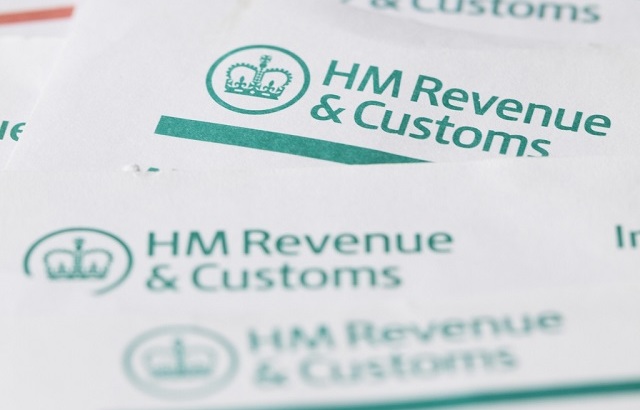The UK tax collector HM Revenue & Customs (HMRC) has launched a 12-week consultation exercise on whether the current taxation of trusts is transparent, fair and simple.
In addition to seeking views on whether the taxation of trusts is aligned with these three principles, HMRC is looking for views and evidence on whether there is a need for any reform of trust taxation. At this stage, the UK government is not making specific proposals for reform.
The consultation period lasts from 7 November 2018 to 30 January 2019.
The government said it “wishes to ensure that the many UK individuals and companies using trusts legitimately benefit from a clear and transparent regime that is easy to understand, while also taking steps to ensure that trust taxation does not produce unfair outcomes and that trust structures do not facilitate tax avoidance or evasion”.
Positivity
Rachael Griffin, tax and financial planning expert at Quilter, said: “We’re pleased to see that the government are not planning to tear up the rule book and do away with trusts completely.
“As they acknowledge in their consultation, trusts have their place and what is needed is a clear and transparent regime so that any concern over them being used for unsavoury circumstances is removed.”
Simon Rylatt, partner at private wealth law firm Boodle Hatfield, said: “It is in some ways surprising to see such a wide-ranging review given that, over the last couple of decades, many historic tax reliefs associated with trusts have been legislated away.
Care does need to be taken not to introduce reforms that could unduly dissuade individuals from using trusts because they have an important role to play in a number of everyday situations, for example in looking after money for minor children.”
Transparency
HMRC is using this consultation to assess how transparent trusts are in the UK, so “they cannot be used to hide the beneficial ownership of funds or assets”.
The consultation spoke about ongoing initiatives that enhance trust transparency – the Common Reporting Standard and the Trusts Registration Service (TRS) – and requests views on whether further measures are required.
It also touched on concerns regarding the potential for avoidance and evasion in respect of non-resident trusts, in particular, and seeks views on the extent of that avoidance and evasion and how it can be tackled.
Fairness and simplicity
The UK government is looking to also assess whether trusts are “fiscally neutral” as it believes that trusts “should not offer tax avoidance opportunities”.
At present, the main taxes that apply in relation to trusts (income tax, capital gains tax and inheritance tax (IHT)) contain rules based on the outcomes of different comparators depending on the type of trust, the person(s) benefitting and the tax involved.
It believes the “tax regimes, though necessarily complex, produce a broadly neutral result as they take into account the nature of the trust and who is benefitting from it”.
However, it is looking for views in relation to IHT.
Griffin added: “It’s vital this consultation is not done in isolation. The Office for Tax Simplification is already undergoing a review into inheritance tax and trusts are often used as a tool for IHT planning.
“The government needs to ensure it has a joined-up approach, otherwise it will be making an already complicated tax puzzle impossible.”
HMRC is also looking to assess whether trusts are straightforward so that “the tax system does not disincentivise the use of trusts when it is appropriate for them to be used”.
TRS expansion
The consultation also announced that the UK is preparing to expand the TRS in line with the requirements of the European Union Fifth Anti-Money Laundering Directive (5MLD), which entered into force at EU level on 10 July 2018, with transposition and implementation deadlines of 10 January 2020 and 10 March 2020, respectively.
This is expected to be during the implementation period following the UK’s departure from the European Union.
The 5MLD will require registration of all UK express trusts – not just those liable for UK tax, as at present – and non-EU trusts that acquire UK real estate.
A separate 5MLD consultation will be published in the next few months.








